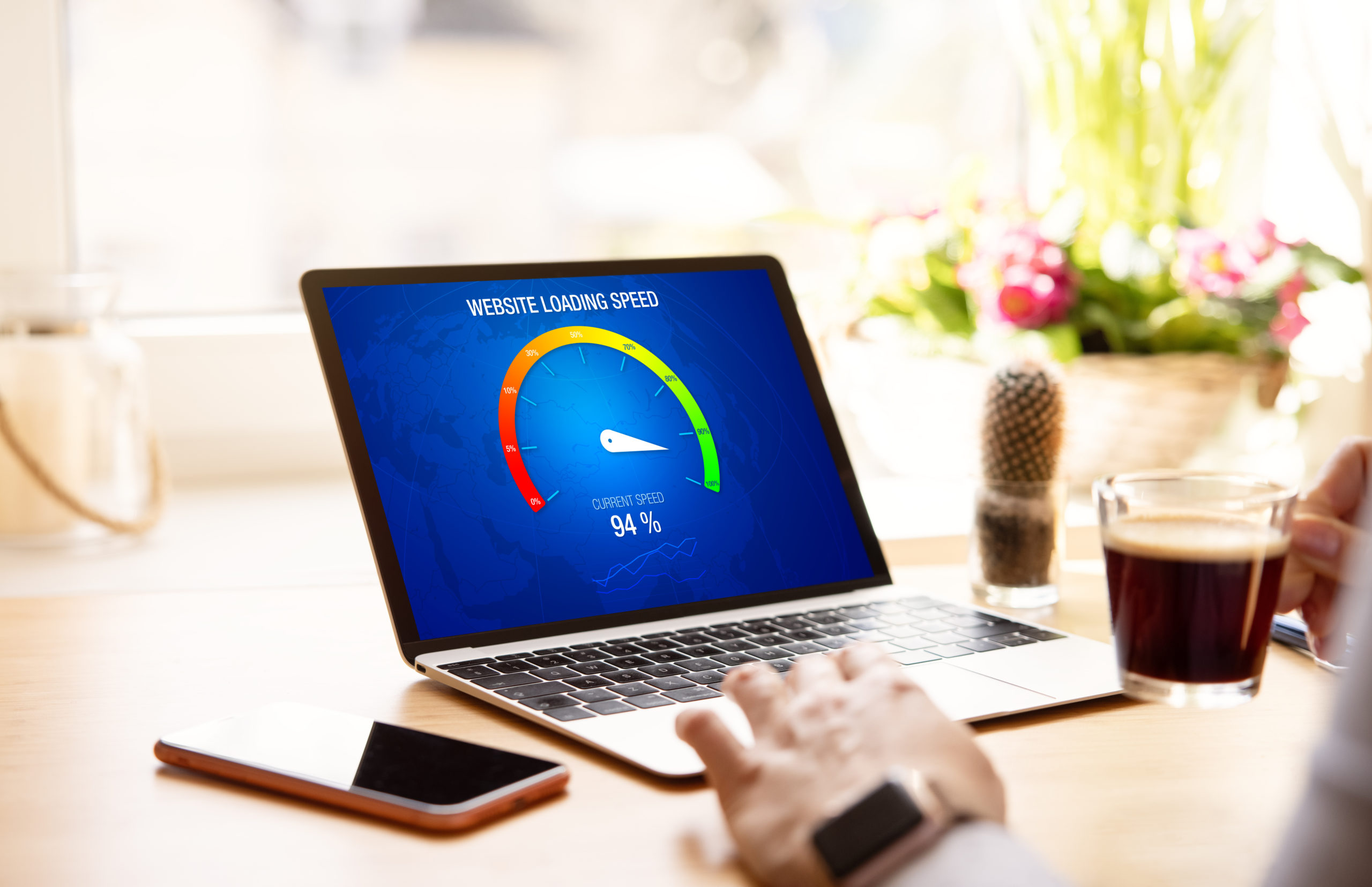Laptops have come a long way over the last couple of decades. We have watched as they went from expensive, bulky, and heavy portable computers to sleek, thin, and affordable necessities. But as laptops become more elegant and compact, they may lose some essential functionality features that may slow down speeds over time. If you are a Mac user, you know that the latest laptops don’t even have USB ports anymore, and this seems to be the case for some of the sleeker options of laptops like Chromebooks or even 2-in-1 type laptops that double as a tablet. Sleek designs and lightweight features often come at the price of less RAM, less disk space, or other elements that improve speed. Often, consumers are not even aware that they are swapping performance for convenience.
So what happens when your laptop starts to run sluggish? Before you make any big decisions like buying a new one, let’s share some tips on how to make a laptop run faster.
5 Tips To Make Your Laptop Run Faster
- Reboot your laptop
Sometimes, your laptop just needs a little reboot. It’s easy to simply close your laptop and reopen it when you are ready to use it again, but this does not allow your laptop to complete a power cycle. By restarting your laptop, you can improve performance and speeds because, during a reboot, your computer flushes out your RAM and removes all of the random and temporary data and files that may be slowing down your laptop. Restarting your laptop may also help with:- Fixing internet connection
- Bug fixes
- Stops memory leaks
- Keep your system & software up to date
Make sure that your OS and software programs are up to date. As mentioned above, it can be expected for laptop users to simply close their computers the way they would a notebook. This can prevent a lot of system updates that would normally be installed upon a reboot. Keeping your software updated can also help to improve security, bug fixes, speed, and performance.
Updates can fix bugs that may have caused outdated software to crash, and as a result, it will allow your device to run them more efficiently. Be sure to update your drivers and other apps that may be contributing to slower speeds. - Declutter your laptop by deleting old, unnecessary files
There are a few different options for how you can go about this, but you can start by going through your downloads folder or documents folder and deleting old and unnecessary files. Knowing how to make a laptop run faster isn’t as complicated as you might think, and manually deleting old files – music, photos, unused programs – is a great place to start. A good rule to follow that will keep your laptop running at ideal speeds is to keep your laptop’s storage at no more than 75% of its max capacity. If you have too many old files to go through or are not seeing a difference, it may be time to consider computer cleaning software that will do this for you. - Check for spyware and viruses
Spyware programs are sneaky and are often running quietly in the background. Malware and viruses use system resources to corrupt programs, data, and files that significantly slow down speed and performance, which is why you must identify and remove any spyware. The best option is to consider anti-virus software that locates and removes these files for you. You should notice increased speeds after any spyware or viruses are removed from your laptop. - Increase or upgrade RAM and storage
Today, most laptops will come with 4 to 8GB of RAM, and depending on how you plan to use your laptop, maybe enough. But if you run multiple programs for work or gaming and begin to experience slower speeds and decreased performance, it may be time to consider upgrading, especially if these programs use a lot of RAM. If your laptop allows, it is possible to make some easy modifications to the factory specifications when it comes to hardware. The first is by simply adding additional memory, or RAM, to boost performance when running applications and programs.
You may also want to consider upgrading your Hard Disk Drive (HDD) to a Solid State Drive (SSD). This upgrade alone can significantly improve your laptop speed since SSD’s have no moving mechanical parts and are often more compact.
When you know how to make a laptop run faster, your overall experience improves significantly. Instead of focusing on mediocre performance or sluggish speeds, you can focus on getting the most out of your laptop.

